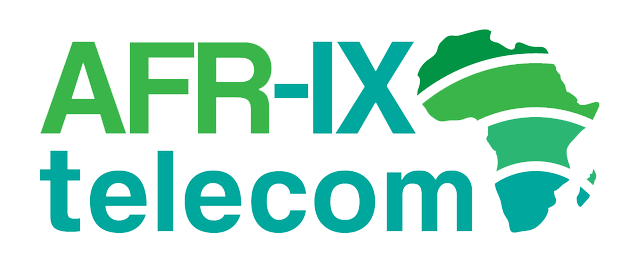Key Trade and Investment Trends in Africa

Experts are optimistic about the potential for significant African economic growth in the coming years. So, heading into 2023, let’s analyze key trade and investment trends in Africa.
Do you know that African countries are predicted to account for an estimated USD 16.12 trillion in business and consumer spending by 2050? Additionally, African Continental Free Trade Area protocols promise to promote:
- Regional integration and market access
- International trade
- Private sector investment across the continent
- Intra-Africa FDI.
No wonder foreign direct investment is taking advantage of the upbeat African economic outlook:
- South Africa, Nigeria, Ethiopia, and Democratic Republic of Congo top the list of SSA countries with the largest value of FDI inflows.
- Chinese companies may not have the most projects on the go, but Chinese FDI dominates capital contribution. Consequently, Asian FDI has steadily increased its share in Africa – especially compared to Europe’s.
- The United States’ African Growth and Opportunity Act (AGOA) aims to improve economic cooperation between the US and countries of sub-Saharan Africa.
- South Africa, Nigeria, Ethiopia, and Democratic Republic of Congo top the list of SSA countries with the largest value of FDI inflows.
- Chinese companies may not have the most projects on the go, but Chinese FDI dominates capital contribution. Consequently, Asian FDI has steadily increased its share in Africa – especially compared to Europe’s.
- The United States’ African Growth and Opportunity Act (AGOA) aims to improve economic cooperation between the US and countries of sub-Saharan Africa.
The United Nations Conference on Trade and Development’s World Investment Report reveals a 2020 slump in FDI. Since then, international tech companies, venture capital firms, and other investors have again started targeting the region as a promising market for growth.
Technology, Media and Telecommunications (TMT)
Like the rest of the world, TMT, or technology, media, and telecommunications, is a rapidly growing sector in sub-Saharan Africa. Particularly since the pandemic accelerated the adoption of digital technologies and services in Africa, demand for TMT products and services has amplified.
Even in the least developed countries, a large and youthful population has increasingly adopted digital technologies in recent years. In fact, Africa has one of the fastest-growing mobile phone and internet markets in the world!
- Drive inclusive socioeconomic progress
- Bolster the resilience of developing countries’ economies
- Improve productivity, efficiency, and service delivery, and more.
However, to realize this potential, long-term investment is needed on two fronts:
- The private sector contributes to African growth by financing infrastructure, building knowledge and skills, and stimulating employment.
- Governments must commit to accelerating digital transformation. Policies and initiatives must encourage the growth of the TMT sector, safeguard network investments. and ensure affordability for consumers.
Fintech
Africa has a large unbanked population, providing a significant opportunity for fintech companies to offer financial services to underserved customers. Although cash is still king in much of Africa, fintech startups on the continent grew by 81% in 2021. South Africa, Nigeria, and Kenya led the pack.
Africa’s high level of mobile penetration makes it easier to offer services through mobile platforms. A Mastercard study notes, “Fintech has seen products based on multi-faceted innovation in emerging and mature economies. Providing scalable financial services using the internet, blockchain, and algorithms, fintech companies have widened the reach of financial services traditionally offered by banks, including loans, payments, investments, or wealth management.” Moreover, “The growth of fintech is helping expand inclusive finance and increase incomes.”
Despite some supportive regulations, there are still regulatory challenges that fintech companies in Africa need to navigate. Another obstacle is poor infrastructure.
Data Privacy and Security
Data security is a growing concern in sub-Saharan Africa, as the region becomes increasingly connected and reliant on technology. The Convention of the African Union on Cybersecurity and Personal Data aims to overcome local vulnerabilities:
- The private sector contributes to African growth by financing infrastructure, building knowledge and skills, and stimulating employment.
- Governments must commit to accelerating digital transformation. Policies and initiatives must encourage the growth of the TMT sector, safeguard network investments. and ensure affordability for consumers.
- Limited resources and inability to invest in robust cybersecurity measures
- Poor data protection laws
- Inadequate awareness of cybersecurity risks.
If you need a reliable internet service provider to help leverage these key trade and investment trends in Africa, contact our professional AFR-IX telecom team today.




